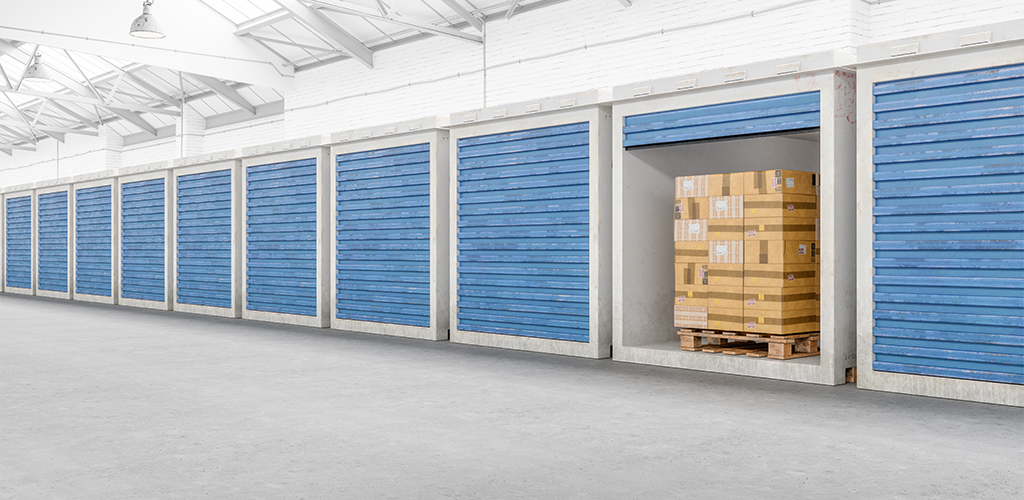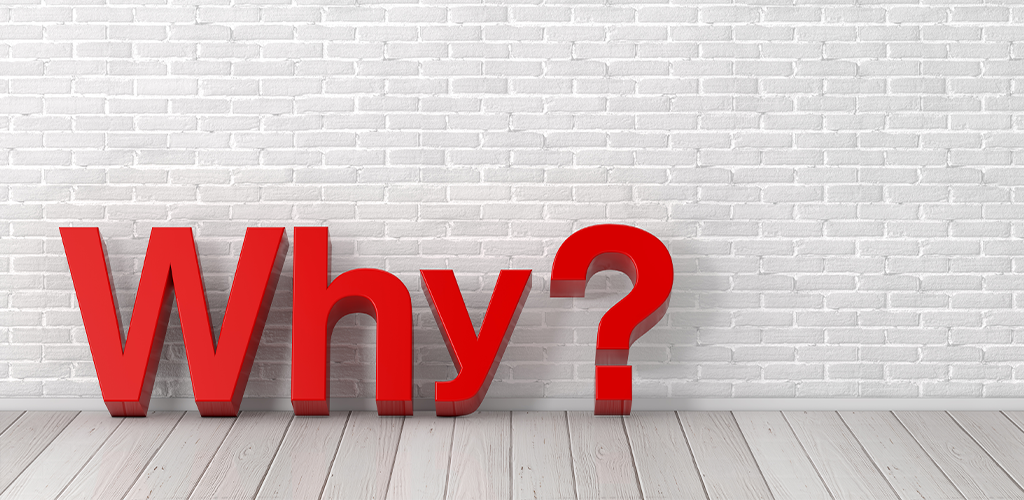What is eCommerce Wholesaling and Why Should Your Business Try It?

There’s a lot that goes into running a business. You need to design and manufacture your product, set up and maintain a storefront (physical or digital or both), develop a recognizable brand and put effort into marketing that brand, on top of acquiring customers and everything that goes along with it (things like shipping and customer service). But what if we told you that you could take one item off of that hefty to-do list? Yes, you can actually take customer acquisition off your plate entirely, and you can use wholesaling to do it. Let’s take a look at exactly what ecommerce wholesaling is, why you should try it with your business, and how to get started:
- What is wholesaling?
- Why should you try it?
- How do you start?
What is Wholesaling?
Let’s get the big question out of the way first: what is wholesaling? Simply put, it’s a method of selling your product in bulk to other retailers. From there, that retailer puts your goods on their website and sells it on your behalf. They get a portion of the profit, and so do you. Most often, ecommerce stores will offer other retailers discounts on bulk orders as an enticement to strike up a partnership in the first place. This method allows you to sell directly to your end consumer, while increasing the ways your product will reach them. Companies that partake in wholesaling (rather than selling items manufactured on their own) include Wal Mart, Amazon, Wayfair, and Wish.
Why Should You Try eCommerce Wholesaling?

Wholesaling isn’t for everyone, but there are many reasons a business might try their hand at it. If any of these reasons apply to you, it may be worth considering giving it a go:
- Increase Your Sales Without Increasing Your Marketing Budget: Normally, to increase your audience and therefore your sales, you have to get creative with your marketing efforts. There are some low-cost options but, more often than not, you’ll have to add to that marketing budget to increase your bottom line, which eats into any profits you earn. However, with ecommerce wholesaling, you can actually increase your audience without spending a dime. By sending your product to be sold by other retailers they take care of the cost of marketing. Not only that but many of them may even cater to an entirely different demographic or geographic region than you. All of this helps increase your sales, without needing to pad the budget.
- Use Other Brands as Leverage: As the old saying goes, it’s easier to keep a customer than make a new one. Instead of going through the hassle of trying to build a larger base of loyal customers, using other popular brands to sell your product takes care of that problem for you. They each come with their own loyal followers who will be eager to try the products being promoted.
- Enter New Markets: Attempting to expand your business into new markets and territories can be risky. Costs are often high and logistics (like shipping, tax laws, etc.) can be difficult to sort out. By trying out ecommerce wholesaling, you greatly reduce the risk. Your partner retailers will handle the little details for you, and they should already have an established customer base in the market you want to enter.
- Reduce Your Storage Needs: If you sell a physical product, chances are you need a place to store that product (assuming you don’t sell on-demand). Some ecommerce stores may have access to a warehouse, while others have to find places to store product in tiny offices or even their own homes. By having wholesalers sell your product, you can send it to them to store and reclaim your office space or cut down on rental costs.
- Build a Network of Suppliers: Whether your products are made off-site or by your own hands, you need to find a supplier. This person or organization will be the one that actually provides you with the goods (or supplies to make your goods) you sell. When you’re still a small single-location store, chances are you only need one supplier. But if you grow through the use of wholesale, it can actually be easier to find different suppliers close to the retailers you plan to sell through. Not only does this give you a way to compare costs and possibly save on shipping to your partners, it allows you to build connections. These connections can lead to discounts and sales and it also leaves you with options if one particular supplier falls through.
- Increase Your Industry Knowledge: By working with other members of your industry, in different locations, you increase your knowledge of that industry as a whole. More knowledge means you’ll be better able to use the markets in your favour.
How Do You Start eCommerce Wholesaling?

By this point, you might be musing over whether or not to give wholesaling a try. It can add a lot to your business. However, setting up the process takes some time and effort, which must be factored into your decision. Take a look at some of the steps you should go through:
- Develop a Pricing Strategy: When you set up a wholesaling branch of your business, you have to decide how much to sell your product for. Most retailers buy in wholesale because they receive a discount for buying more. Without that discount, you may have a hard time finding other businesses to do business with (because they earn fewer profits). Most ecommerce businesses sell retailers their product for 2.5 times the production costs which should come to approximately 50% less than consumers pay.
- Target Retailers: This part of setting up wholesaling can be somewhat awkward. Retailers aren’t likely to come to you so you must instead cold-call ones that you feel match your brand (or cold-email). Asking them to buy and sell your product isn’t the easiest of tasks but a refined pitch and some practice can have you quickly racking up a list of partners.
- Prepare for Rejection: Of course, not all cold-calls will work. Prepare yourself for rejection early in the process so that it stings less down the road.
- Decide How to Sell to Retailers: There are a wide variety of retailers out there, and each one will prefer to buy your product differently. Prepare to make sales online, in person, with buyers who represent different retailers, and for different times of the year (such as holidays).
- Consider Taxes: In general, you won’t charge retailers tax because they will tax their customers down the road. However, take a look at different state and provincial laws to understand how they may vary. It can be prudent to hire an accountant or lawyer skilled in tax law to help you avoid mistakes.
- Remember to Market to End Users: It can be easy to neglect your marketing efforts when other retailers are selling your product. However, this can be detrimental to your business overall. Because retailers only buy the products they think will sell, the more demand you can generate from your own customers, the more likely retailers will want more and more of your product.
- Keep on Top of Trends: The markets change and it’s up to you to stay on top of that. If your retailers are paying attention and you aren’t, they may suddenly request an increase in your product that you aren’t prepared for or worse, they may unexpectedly drop your product altogether. By knowing the trends, you can adjust and be prepared for every eventuality.
The life of an entrepreneur is seldom an easy one but introducing ecommerce wholesaling to your business can help lighten the load of acquiring customers on your own.
Visit Shopivo and stay tuned for exciting news and updates! Sign up for our emails and stay up-to-date on new developments and features.
